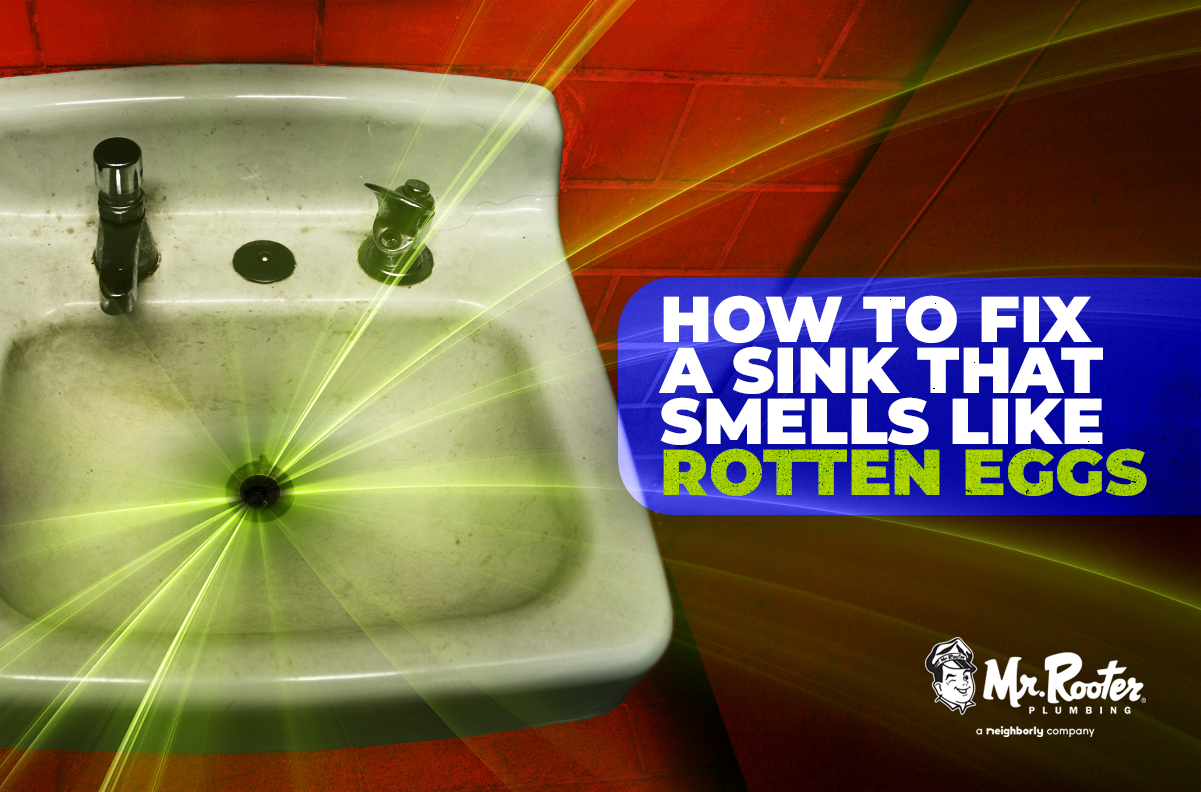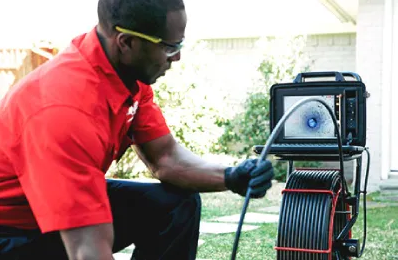Septic tanks are a critical part of many homes’ waste management systems, especially in rural areas. Understanding the maintenance and signs of a full septic tank can prevent costly repairs and health hazards. This guide will help you recognize the signs of a full septic tank and explain the benefits of routine maintenance.
What is a Septic Tank?
A septic tank is an underground container that holds and treats wastewater from your home. It separates waste into solids that settle at the bottom, liquids that flow out to a drain field, and scum that floats on top. Regular maintenance, like pumping out the solids, is necessary to keep it working properly.
Common Signs Your Septic Tank is Full
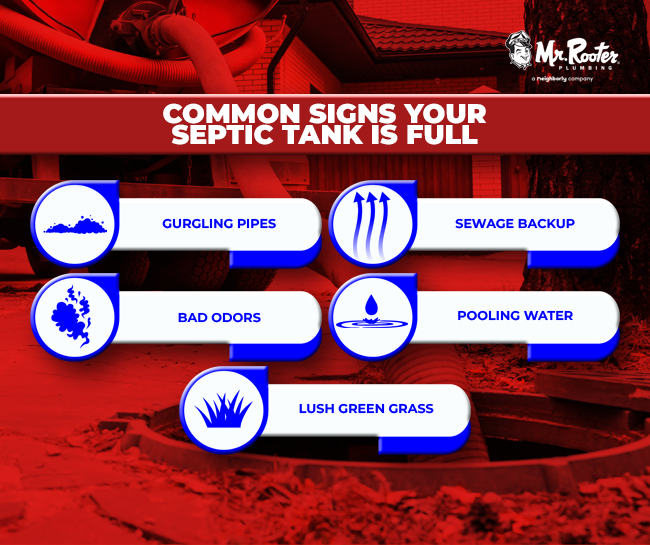
Recognizing the signs of a full septic tank can save you from significant issues down the line. Here are the most common indicators:
Gurgling Pipes
Gurgling sounds in your plumbing are often an early sign that your septic tank is full. These noises occur when air bubbles can’t escape through the normal flow of water due to blockages caused by accumulated sludge and scum in the tank. If you hear these sounds, especially when running water or flushing toilets, it’s a good indication that your tank needs attention.
Sewage Backup
One of the most serious and unpleasant signs of a full septic tank is sewage backing up into your home. This typically happens in the lowest drains first, such as those in the basement or ground floor. When the tank is too full, wastewater has nowhere to go and starts to back up into the plumbing system. If you notice this, it’s a clear emergency that requires immediate professional intervention to prevent health hazards and property damage.
Bad Odors
Foul odors emanating from your drains, around your septic tank, or near the drain field are strong indicators of a full septic tank. These smells are usually caused by the buildup of sewage gases that can’t escape properly due to blockages. If you detect persistent sewage odors, it’s a sign that your tank is overdue for pumping and needs to be inspected by a professional.
Pooling Water
Unexplained pools of water in your yard, especially near the drain field, can indicate that your septic tank is overflowing. When the tank is full, effluent can’t drain properly and begins to surface in your yard. This pooling water can also be accompanied by soggy soil, even in dry weather
Lush Green Grass
While a green lawn is usually a good thing, unusually lush and green grass over your drain field can indicate a leaking septic tank. The excess nutrients from the wastewater act as a fertilizer.
How to Check If Your Septic Tank is Full
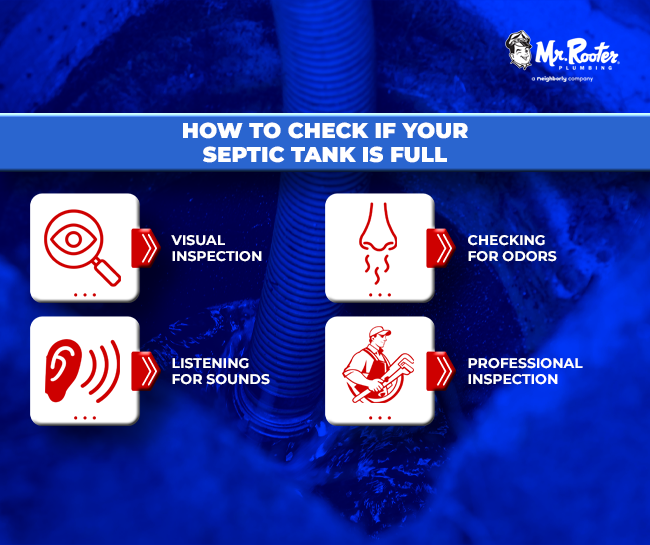
It’s essential to confirm whether your septic tank is full before taking any action. Here are some methods to check:
- Visual Inspection
Remove the cover of your septic tank and check the sludge level. If the sludge is close to the tank’s outlet, it’s time for a pump-out.
- Listening for Sounds
Unusual gurgling sounds in your plumbing can indicate a full or clogged septic tank.
- Checking for Odors
Foul smells in your home or yard are strong indicators of a full septic tank. If you detect persistent odors, it’s time to call a professional.
- Professional Inspection
Hiring a professional to inspect your septic tank is the most reliable way to determine if it’s full. They have the tools and expertise to assess the situation accurately.
💡Knowing when your septic tank is full helps prevent backups, costly damage, and health hazards, ensuring your home’s plumbing remains efficient and safe.
Will the Toilet Flush If the Septic Tank is Full?
A full septic tank can cause your toilet to flush improperly. You might notice slow drainage, frequent clogs, or even sewage backing up into the bowl. These issues occur because the tank can’t accept any more waste, causing blockages in the system.
How Long Does It Take for a Septic Tank to Fill Up?
The time it takes for a septic tank to fill up depends on several factors:
Factors Affecting Fill-Up Time
- Household Size: More people mean more wastewater.
- Water Usage: High water usage can fill up the tank faster.
- Tank Size: Larger tanks take longer to fill.
- Waste Composition: Non-biodegradable waste fills the tank more quickly.
General Time Frame
On average, a septic tank should be pumped every 3 to 5 years, but this can vary based on the factors mentioned above.
Benefits of Routinely Pumping Your Septic Tank
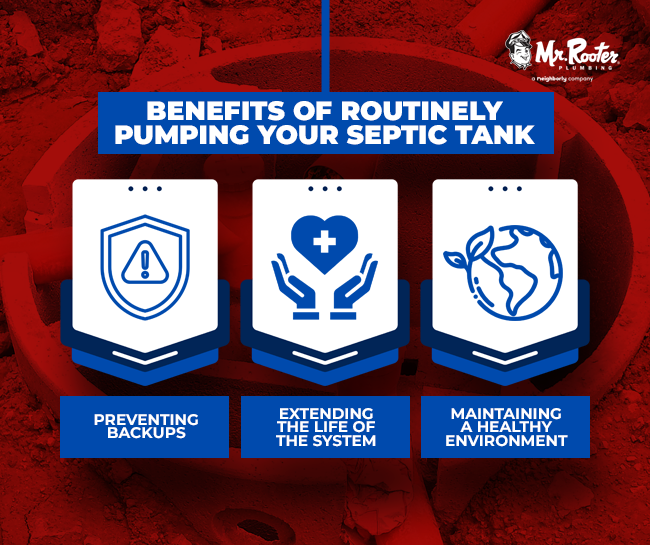
Regular maintenance of your septic tank offers several advantages:
Preventing Backups
Routine pumping prevents waste from backing up into your home, saving you from unpleasant cleanups and potential health risks.
Extending the Life of the System
Keeping your septic tank clean and well-maintained can extend its lifespan, preventing the need for costly replacements.
Maintaining a Healthy Environment
A well-maintained septic system protects the surrounding environment by preventing contamination of soil and water sources.
💡 Regularly pumping your septic tank prevents backups, extends the system’s life, and maintains a healthy environment by protecting soil and water from contamination.
Maintaining your septic tank is crucial for the health and functionality of your home’s waste management system. By recognizing the signs of a full septic tank and scheduling regular inspections and pumping, you can avoid costly repairs and ensure a safe, healthy living environment. Don’t wait for problems to arise—take proactive steps to keep your septic system in top shape.
Ensure your entire bathroom stays in top shape! Discover how to effectively drain your toilet bowl before cleaning with our detailed guide. Read more at How to Drain Water from Toilet Bowl for Cleaning and make your bathroom maintenance routine a breeze.




